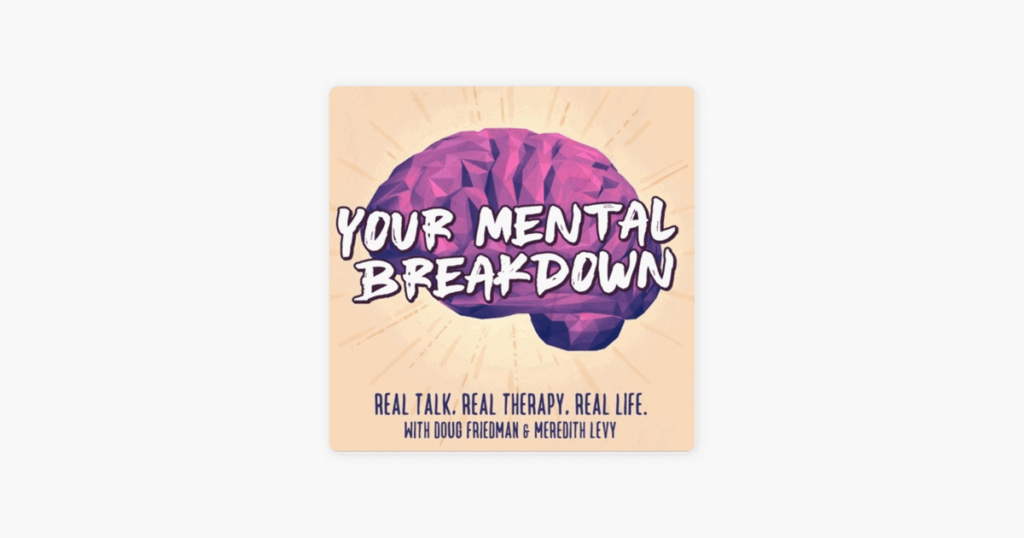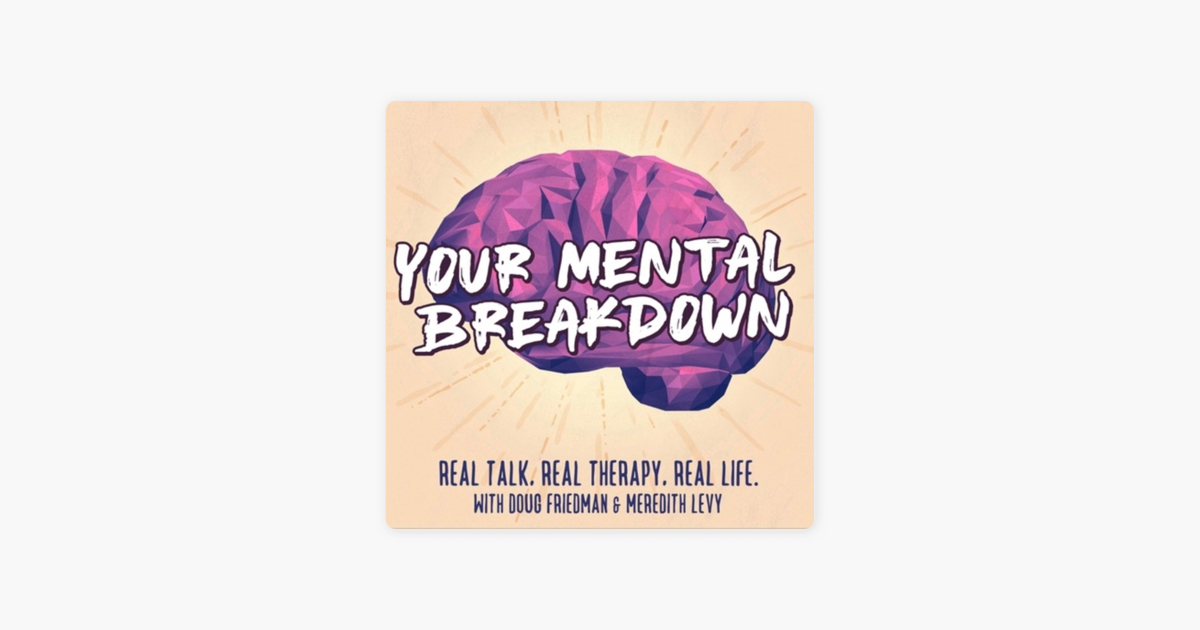
My Adult Son Is Having a Mental Breakdown: Understanding, Support, and Resources
Witnessing my adult son having a mental breakdown is a distressing experience for any parent. It’s crucial to understand the complexities involved, recognize the signs, and know how to provide appropriate support. This article aims to offer guidance and resources for navigating this challenging situation, focusing on practical steps and professional help.
Understanding Mental Breakdown
The term “mental breakdown” is often used informally to describe a period of intense mental distress. Clinically, it may refer to an acute episode of a mental health condition, such as anxiety, depression, or psychosis. It’s essential to avoid self-diagnosis and seek professional evaluation to determine the underlying cause of my adult son having a mental breakdown.
What Triggers a Mental Breakdown?
Several factors can contribute to a mental breakdown. These can include:
- Stressful Life Events: Significant events like job loss, relationship problems, financial difficulties, or the death of a loved one can trigger a breakdown.
- Underlying Mental Health Conditions: Pre-existing conditions like depression, anxiety disorders, bipolar disorder, or schizophrenia can increase vulnerability.
- Substance Abuse: Drug or alcohol use can exacerbate mental health issues and lead to a breakdown.
- Trauma: Past or recent traumatic experiences can significantly impact mental well-being.
- Lack of Support: Insufficient social support and isolation can worsen mental health.
- Physical Health Problems: Chronic illnesses or physical injuries can contribute to mental distress.
Recognizing the Signs
Identifying the signs of a mental breakdown early is crucial for timely intervention. These signs can vary but often include:
- Extreme Mood Swings: Rapid shifts between intense sadness, anger, irritability, and euphoria.
- Withdrawal: Social isolation, decreased interest in activities, and difficulty connecting with others.
- Changes in Sleep Patterns: Insomnia, excessive sleeping, or disrupted sleep cycles.
- Changes in Appetite: Significant weight loss or gain due to changes in eating habits.
- Difficulty Concentrating: Problems with focus, memory, and decision-making.
- Anxiety and Panic Attacks: Excessive worry, fear, and physical symptoms like rapid heart rate, sweating, and shortness of breath.
- Agitation and Restlessness: Inability to sit still, pacing, and feeling on edge.
- Hopelessness and Suicidal Thoughts: Feelings of despair, worthlessness, and thoughts of self-harm.
- Hallucinations or Delusions: Experiencing things that are not real or having false beliefs.
- Neglect of Personal Hygiene: Lack of attention to grooming and cleanliness.
If you observe these signs in my adult son having a mental breakdown, it’s essential to take them seriously and seek professional help.
How to Support Your Adult Son
Supporting your adult son during a mental breakdown requires patience, understanding, and a proactive approach. Here are some steps you can take:
Stay Calm and Empathetic
Your reaction can significantly impact the situation. Remain calm and avoid judgmental or critical comments. Show empathy and let your son know that you are there for him.
Listen Actively
Encourage your son to talk about his feelings and experiences. Listen attentively without interrupting or offering unsolicited advice. Validate his emotions and let him know that his feelings are valid.
Avoid Minimizing His Feelings
Avoid statements like “snap out of it” or “it’s all in your head.” These comments can be dismissive and invalidate his experience. Acknowledge the severity of his distress and offer support.
Encourage Professional Help
The most crucial step is to encourage your son to seek professional help. This may involve seeing a psychiatrist, psychologist, therapist, or counselor. Offer to help him find a qualified mental health professional and accompany him to appointments if he is willing.
Create a Safe and Supportive Environment
Ensure that your son has a safe and stable environment. Remove any potential triggers or stressors that may worsen his condition. Provide a quiet and comfortable space where he can rest and relax.
Help with Practical Tasks
During a mental breakdown, your son may struggle with daily tasks. Offer to help with practical matters like cooking, cleaning, laundry, or managing finances. This can alleviate some of the pressure and allow him to focus on his recovery.
Monitor Medication Compliance
If your son is prescribed medication, help him adhere to the treatment plan. Remind him to take his medication as prescribed and monitor for any side effects. Communicate any concerns to his healthcare provider.
Set Boundaries
While it’s important to be supportive, it’s also crucial to set boundaries. Protect your own mental and emotional health by establishing limits on your involvement. Encourage your son to take responsibility for his recovery and seek help from other sources, such as support groups or community resources.
Educate Yourself
Learn more about mental health conditions and treatment options. Understanding the complexities of mental illness can help you provide more informed support and advocate for your son’s needs. [See also: Understanding the Stigma of Mental Health]
Professional Resources and Treatment Options
Several professional resources and treatment options are available for individuals experiencing a mental breakdown:
- Psychiatrists: Medical doctors specializing in mental health who can diagnose conditions, prescribe medication, and provide therapy.
- Psychologists: Mental health professionals who provide therapy, counseling, and psychological assessments.
- Therapists and Counselors: Licensed professionals who offer individual, group, or family therapy to address mental health concerns.
- Mental Health Clinics: Outpatient clinics that provide a range of mental health services, including assessment, treatment, and support groups.
- Hospitals: Inpatient psychiatric units that offer intensive treatment and stabilization for individuals experiencing severe mental health crises.
- Crisis Hotlines: Telephone hotlines that provide immediate support and guidance for individuals in distress. Examples include the National Suicide Prevention Lifeline and the Crisis Text Line.
- Support Groups: Peer support groups that provide a safe and supportive environment for individuals to share their experiences and connect with others facing similar challenges.
Treatment options may include:
- Medication: Antidepressants, anti-anxiety medications, antipsychotics, and mood stabilizers can help manage symptoms of mental health conditions.
- Therapy: Cognitive-behavioral therapy (CBT), dialectical behavior therapy (DBT), and other therapeutic approaches can help individuals develop coping skills and manage their emotions.
- Hospitalization: Inpatient treatment may be necessary for individuals experiencing severe symptoms or who are at risk of harming themselves or others.
- Electroconvulsive Therapy (ECT): A treatment option for severe depression or other mental health conditions that have not responded to other treatments.
Long-Term Recovery and Support
Recovery from a mental breakdown is an ongoing process that requires long-term support and commitment. Encourage your son to continue with his treatment plan, attend therapy sessions, and take medication as prescribed. Help him build a strong support network of friends, family, and mental health professionals.
Promote healthy lifestyle habits, such as regular exercise, a balanced diet, and sufficient sleep. Encourage him to engage in activities that he enjoys and that promote relaxation and stress reduction. [See also: The Importance of Self-Care in Mental Health]
Be patient and understanding. Recovery is not always linear, and there may be setbacks along the way. Continue to offer support and encouragement, and celebrate his progress, no matter how small. Remember, my adult son having a mental breakdown doesn’t define him, and with the right support and treatment, he can lead a fulfilling life. If you are concerned about my adult son having a mental breakdown, seek professional help immediately.
Navigating the Stigma
Mental health stigma can be a significant barrier to seeking help and recovery. It’s essential to address and challenge these stigmas to create a more supportive environment for individuals with mental health conditions. Educate yourself and others about mental health, and advocate for policies and programs that promote mental health awareness and access to care. Encourage open and honest conversations about mental health, and challenge negative stereotypes and misconceptions. Remember, seeking help for mental health is a sign of strength, not weakness.
Supporting my adult son having a mental breakdown requires a multifaceted approach that includes understanding, empathy, professional help, and long-term support. By taking these steps, you can help your son navigate this challenging time and work towards recovery and well-being. Dealing with my adult son having a mental breakdown is difficult, but remember you are not alone. Many resources are available to help both you and your son through this process. It is important to seek help if my adult son having a mental breakdown is impacting his life and well being. If you suspect my adult son having a mental breakdown, seek professional help as soon as possible. Dealing with my adult son having a mental breakdown is a challenge that requires patience and understanding. If you think my adult son having a mental breakdown, reach out to a mental health professional. The stress of my adult son having a mental breakdown can be overwhelming, but with proper support, recovery is possible.

